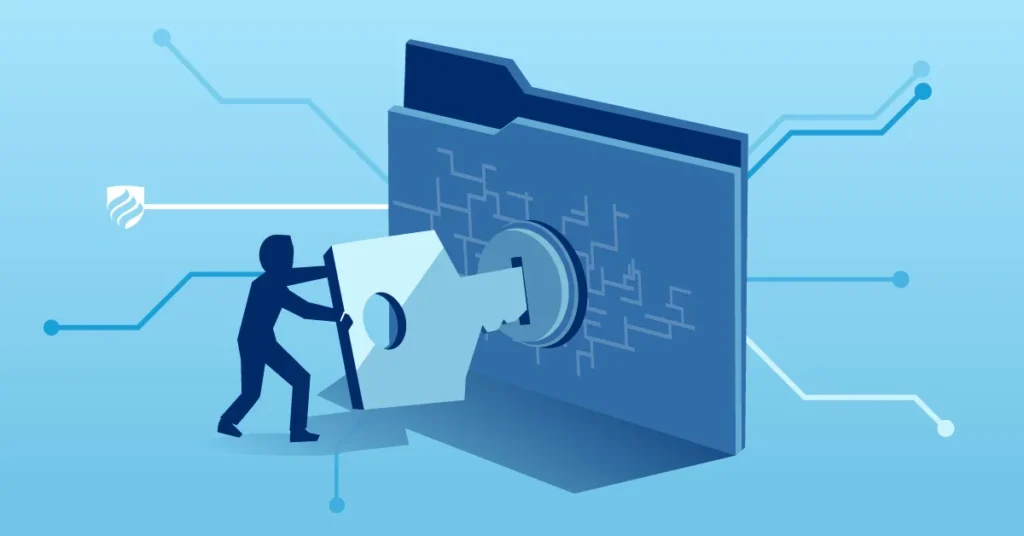The Intersection of RegTech and Data Privacy: Navigating Compliance and Security Challenges
The rapid growth of technology has revolutionized the way businesses operate, leading to an increased demand for data privacy and security. As a result, regulatory technology, or RegTech, has emerged as a critical component in the financial services industry. RegTech aims to streamline compliance processes and reduce the burden of regulatory requirements on businesses. At the same time, it seeks to improve data privacy and security by implementing advanced technologies and innovative solutions. The intersection of RegTech and data privacy presents both opportunities and challenges for businesses as they navigate the complex landscape of compliance and security.
One of the primary benefits of RegTech is its ability to automate compliance processes, which can significantly reduce the time and resources required to meet regulatory obligations. By leveraging artificial intelligence (AI), machine learning, and big data analytics, RegTech solutions can quickly and accurately analyze vast amounts of data to identify potential risks and ensure compliance with relevant regulations. This not only helps businesses avoid costly fines and penalties but also enhances their overall data privacy and security posture.
Moreover, RegTech can provide businesses with a more comprehensive view of their data, enabling them to identify and address potential vulnerabilities before they can be exploited by cybercriminals. By utilizing advanced analytics and risk assessment tools, RegTech solutions can help businesses proactively detect and mitigate threats to their data, thereby reducing the likelihood of a data breach or other security incident.
However, the integration of RegTech into a business’s operations is not without its challenges. One of the most significant obstacles businesses face when implementing RegTech solutions is the need to balance the demands of regulatory compliance with the need to protect sensitive data. While automation and advanced analytics can streamline compliance processes, they also introduce new risks to data privacy and security.
For example, the use of AI and machine learning in RegTech solutions can inadvertently expose sensitive data to unauthorized access or misuse. As these technologies become more sophisticated, they may also become more susceptible to manipulation by malicious actors, who could potentially exploit vulnerabilities in the algorithms to gain access to sensitive information. Additionally, the reliance on big data analytics in RegTech solutions raises concerns about the potential for data breaches, as the vast amounts of data being processed and stored may be an attractive target for cybercriminals.
To address these challenges, businesses must adopt a holistic approach to data privacy and security that encompasses both compliance and risk management. This includes implementing robust data protection measures, such as encryption and access controls, to safeguard sensitive information from unauthorized access. Businesses should also regularly assess the effectiveness of their data privacy and security controls and make any necessary adjustments to ensure they remain aligned with evolving regulatory requirements and industry best practices.
Furthermore, businesses should consider partnering with RegTech providers that prioritize data privacy and security in their solutions. This may involve selecting providers that have undergone rigorous third-party assessments and certifications, such as the International Organization for Standardization (ISO) or the National Institute of Standards and Technology (NIST) Cybersecurity Framework. By working with trusted RegTech partners, businesses can more effectively navigate the complex landscape of compliance and security while minimizing the risks associated with data privacy.
In conclusion, the intersection of RegTech and data privacy presents both opportunities and challenges for businesses as they seek to balance the demands of regulatory compliance with the need to protect sensitive data. By adopting a holistic approach to data privacy and security and partnering with trusted RegTech providers, businesses can successfully navigate these challenges and harness the power of RegTech to enhance their overall compliance and security posture. As technology continues to evolve, the importance of RegTech in ensuring data privacy and security will only grow, making it a critical component of any business’s risk management strategy.








